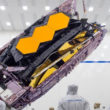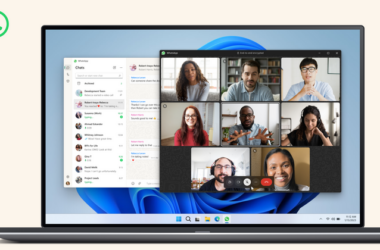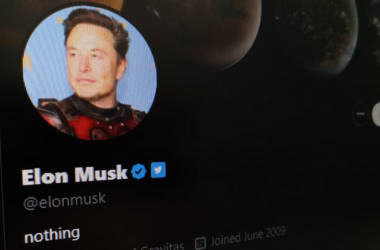I’m sure many of us have experienced frustration due to sluggish Internet speeds or a lack of coverage when trying to use the Internet for work, school, or simply for fun. We are hoping all these issues will be over after this merger.
According to Assoc. Prof. Dr. Leow Chee Yen, the Celcom Digi merger will pave the way for improved end-user cellular experiences.
He claimed that this is especially true in light of the Malaysian Communications and Multimedia Commission’s (MCMC) 2024 target of integrating the fifth-generation network (5G) into 80% of Malaysians’ daily life.
When these two enormous operators combine, according to the lecturer at the Universiti Teknologi Malaysia (UTM) School of Electrical Engineering, they will be able to share their network infrastructure and benefit from each other’s signal strength in places where they each have an edge.
In certain areas, maybe one of the operators has better network coverage and they can complement each other. They can provide services on their extensive combined network of bay stations.
Certain operators have some advantages in certain areas and through this merger, they’re able to combine their infrastructures and assets so that they are able to offer the best experience to the end-users,” he added when speaking to Bernama in an interview recently.
Lecturer, Universiti Teknologi Malaysia (UTM) School of Electrical Engineering, Assoc. Prof. Dr. Leow Chee Yen
According to Prof. Dr. Leow, a research fellow at the UTM Wireless Communication Centre, the infrastructure provided by these two companies would unquestionably be advantageous to cellular users.
He claimed that the adoption of 5G will increase the 4G network’s limitations in terms of bandwidth, connection density, and latency, as seen during the Covid-19 pandemic when many people were using the Internet.
There will always be bottlenecks in a network when there are too many people using it. In terms of capacity ratio, there is not enough bandwidth to meet user demand, and ultimately, users’ experiences would be impacted
Although Malaysia started its 5G rollout later than other industrialised nations in 2019, Malaysia nevertheless faced obstacles that other nations might not have.
Prof. Dr. Leow gave Singapore and South Korea as examples, claiming that both have very extensive and thorough fibre connectivity and are just required to deploy 5G bay stations since the latter’s geographical geography made the former easier to implement.
The 5G rollout in the nation will take some time, he added, especially in locations where there aren’t many high-speed fibre links available. It may also take some extra time to build fibre networks to connect 5G bay stations in those areas.
We already have commercial 5G services in Malaysia since 2021 in several major cities and it will be coming to different parts of Malaysia eventually. Based on MCMC’s plan to have 80% of the population to be 5G-enabled by 2024, we are on track although we started a bit later compared to other developed countries.
Lecturer, Universiti Teknologi Malaysia (UTM) School of Electrical Engineering, Assoc. Prof. Dr. Leow Chee Yen
After this, do you anticipate a better experience or is this bad for the competition?









